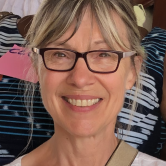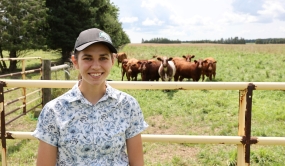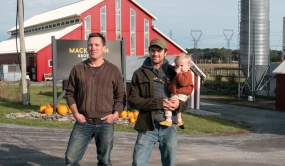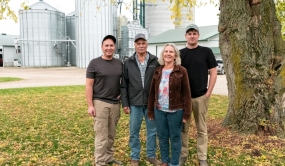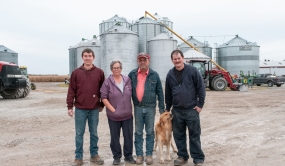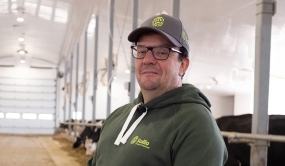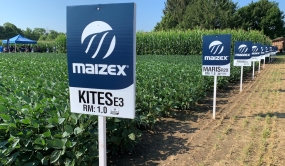Action!

Read all of « Food for thought »
Archives
I just finished reading the book “La lumière de la terre” by author Gaston Michaud. An all time favourite.
As a community activist backed by fifty years of work, he tells us how the small town of Racine, located on the south shore of Montreal, was transformed by cooperation. In 1996, it was but a collective dream: a housing cooperative for seniors. In 2003, it was a reality: La Brunante, a housing cooperative for Racine’s seniors. And today, it is a realization: seniors who live near their families and friends and take part in community life… age better than those who don’t! Wink, wink, nudge, nudge from the author: “Cooperation is an antidote to ageing.”
I am touched by this admission. When my father died, I searched desperately for a cooperative housing facility for my mother, who was then in very good health. Because our family is geographically dispersed, I thought the best living environment for her would be a housing cooperative. I would have loved to stack the odds in her favour. But my mother passed away last August, after slowly and cruelly losing her cognitive faculties. I will never know if her fate could have been better, but I believe that we need more cooperatives like La Brunante. With our ageing population there will soon be more seniors desperate for care than young people.
“Cooperation is an antidote to ageing.” It is a rather shocking image, but it is not without its share of truth. A researcher with the Université du Québec in Trois-Rivières determined that community life has a positive impact on health. In fact, Gaston Michaud was invited to present La Brunante’s case as part of a conference hosted by the World Health Organization in September 2013. Now that’s quite impressive.
Beyond the tales he tells, it is Gaston Michaud’s pedagogical approach that is of interest in this book. Taking his inspiration from his own experience, he proposes several keys to developing communities. These are simple keys that can be used by any type of group wanting to undertake a collective project. There is the appreciation of the skills of those present, building a collective memory, developing festive rituals, decision-making adjacent to operations, access to a suitable discussion place, transparent communications and, especially, the ability to resort to their own means before seeking outside assistance.
Gaston Michaud may be excellent when it comes to putting things simply, but he is also close to the people, a practical man working the field. As a hands-on person, he was evidently transformed by his work. He became the perfect witness to the transformative power of cooperation. He tells us how the people of Racine, including himself, became architects, entrepreneurs, and leaders simply because they were once asked for… help! “We don’t help people by what we give them, but by what we ask of them”, remarked the author wisely.
In short, this man makes you want to take action. Furthermore, he’s right: Let’s stop waiting for this or that. We’ll always need something or other. Let’s start with our own assets. Let’s share our dreams of a better world, free from chaste self censorship. As for global issues, we should propose collective answers. Let’s not wait any longer. There is already much potential to be used in the collective ‘we’.
Along with Gaston Michaud, I have the highest regard for the late Albert Jacquard, which he aptly quotes: “The whole is greater than the sum of its parts… In terms of how human beings interact with each other, each person embodies their very own kind of power that no other individual possesses, that is revealed through their integration into a group.”{translation} That’s exactly why the science of complexity is today attempting to understand and model it.” We only keep collaboration in mind because it produces interaction between people, acting like some sort of melting pot in which, through the marvels of alchemy, emerges the unexpected, unanticipated. We would be fools to ignore this.
